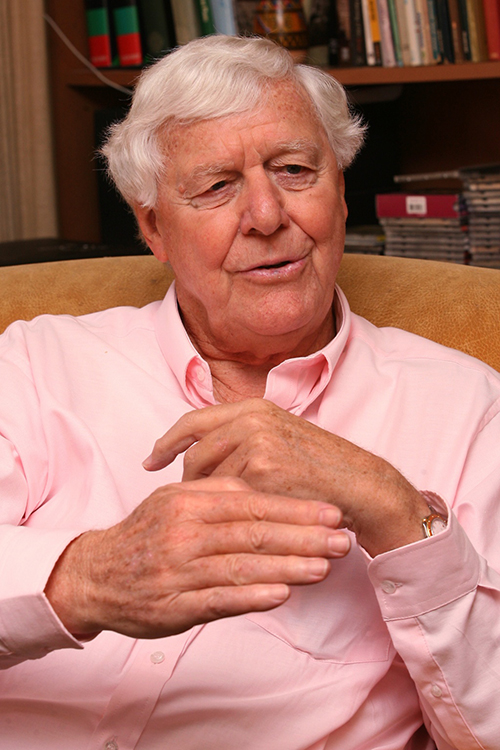What is the relationship between democracy and belief? Which beliefs are allowed and which are prohibited in a democracy? Is there a difference between public and private beliefs?
"It is easy to talk about democracy," says Alex Boraine. But it is an altogether different matter to "believe in democracy," to "live by" a set of values that are far-reaching and demanding.
Belief in democracy is important on both a personal and a societal level. Bridging the divide between values and belief requires faith in the ideal of democracy. Despite all evidence to the contrary, and in the face of great adversity and constant challenge, it is imperative that individuals have faith that a just and free society based on the rule of law is both possible and achievable. This is not only critical for conflict-ridden, transitional societies, but also for “established” democracies, which themselves must always look to strengthen their belief and trust in democracy if they are to weather difficult times.
The field of transitional justice aims to create institutions that foster trust, including truth commissions and tribunals. This trust ultimately allows individuals to believe in and live by democratic values. Such trust also makes it possible for societies to reform and progress towards truth, accountability, and reconciliation.
Fighting for democratic change in South Africa was a constant, and at times seemingly insurmountable, challenge. Notwithstanding that change, the fight for democracy must continue if freedom and the new rights-based order are to be preserved and if the disillusionment that sometimes arises from periodic hardship is to be dispelled.
One of the most important and complex questions of our time is not only how one engenders belief in democracy, but also how one sustains this belief through difficult times. The battle for democracy continues to rage in the United States under the false pretense that presents justice and security as mutually exclusive goals. If a fundamental belief and faith in democratic values is not restored, democracy is poised to become an empty, meaningless concept.
From a leading champion of human rights and social justice, understand why democracy is never fully appropriated, but must be sought and fought for in every country.
“Democracy,” says Alex Boraine, “will always be under attack and therefore must be safeguarded by both words and actions. It must never be taken for granted."
Alex Boraine is founding president of the International Center for Transitional Justice. From 1998 through early 2001, he served as professor of law at New York University (NYU) and as director of the NYU Law School's Justice in Transition program. He continues as an adjunct professor at NYU.
In 1995, Dr. Boraine was appointed by President Nelson Mandela to be deputy chairperson of the South Africa Truth and Reconciliation Commission. Serving under Archbishop Desmond Tutu, who chaired the comission, Boraine held this post until 1998.
From 1986 to 1995, Dr. Boraine headed two South African nonprofit organizations concerned with ending apartheid and addressing the legacy it left behind. He was a member of the South African Parliament from 1974 to 1986, and he served as president of the Methodist Church of Southern Africa from 1970 to 1972, having been ordained as a Methodist minister in 1956.
Dr. Boraine holds degrees from Rhodes University in South Africa, Oxford University in England, and Drew University in the United States. His most recent book, A Country Unmasked , was published by Oxford University Press in November 2000. In October 2000, he was awarded the President's Medal for Human Rights in Italy.



